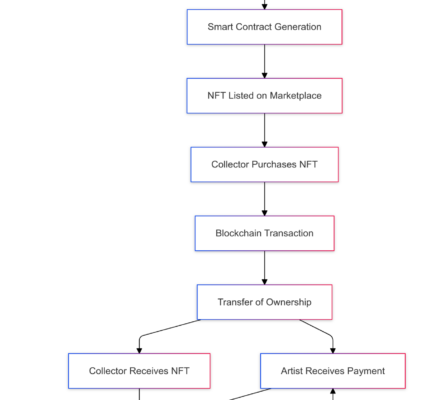In the complex web of financial transactions, financial intermediaries play a crucial role in connecting savers and borrowers, facilitating investments, and ensuring the smooth operation of the financial system. These entities are more than just middlemen; they are the backbone of modern finance, offering a myriad of benefits that enhance economic efficiency and stability. In this article, we will delve into what financial intermediaries are, their roles, benefits, types, and how they finance themselves.
What is a Financial Intermediary?
A financial intermediary is an entity that connects individuals or organizations with excess funds (savers) to those who need funds (borrowers). This process is known as financial intermediation. Financial intermediaries bridge the gap between these two groups by transforming the funds they receive into forms that are more suitable for borrowers.
Financial intermediaries come in various forms, including banks, mutual funds, pension funds, and insurance companies. Each type of intermediary has its unique functions but collectively they facilitate lending, investing, and asset storage.
For instance, banks collect deposits from savers and use these funds to make loans to borrowers. Mutual funds and pension funds pool money from multiple investors to invest in a diversified portfolio of assets. Insurance companies provide protection against various risks by pooling premiums from policyholders.
Role of Financial Intermediaries
Connecting Savers and Borrowers
Financial intermediaries are essential in channeling funds from entities with excess funds to those needing them. For example, banks collect deposits from individuals and businesses and then lend these funds out to other customers who need loans. This process not only provides liquidity but also ensures that capital is allocated efficiently within the economy.
Investing and Asset Management
Financial intermediaries such as mutual funds and pension funds manage investments on behalf of their clients. They diversify portfolios to minimize risk and maximize returns, making it easier for individual investors to participate in the market without having to manage complex investment strategies themselves.
Investment banks also play a critical role by facilitating mergers and acquisitions, initial public offerings (IPOs), and other corporate finance activities. These services help companies raise capital efficiently and manage their financial structures effectively.
Storing Assets
Commercial banks and other depository institutions provide safekeeping services for assets such as cash, securities, and other valuables. They manage transactions through sophisticated systems that ensure accuracy and security.
Benefits of Financial Intermediaries
Reduction in Costs
Financial intermediaries reduce costs by connecting savers and borrowers efficiently. By leveraging economies of scale and avoiding higher-cost options like direct lending or borrowing between individuals, these entities make financial transactions more affordable.
Increased Efficiency
Financial intermediaries enhance efficiency by providing specialized services such as monitoring transactions, ensuring contractual obligations are met, and offering expert advice on investment decisions. This specialization allows for better risk management and more effective use of resources.
Risk Management
One of the significant benefits of financial intermediaries is their ability to pool risk. By spreading funds across diverse investments or loans, they reduce the risk for individual investors. For instance, insurance companies pool premiums from many policyholders to cover losses incurred by a few policyholders.
Liquidity and Safety
Banks offer liquidity by allowing depositors to withdraw their money when needed while also providing safety through deposit insurance schemes that protect deposits up to a certain amount. Insurance companies offer liquidity through claims payouts during times of need while ensuring safety through diversified risk management strategies.
Types of Financial Intermediaries
Banks and Credit Unions
Banks and credit unions are primary examples of depository intermediaries that accept deposits from savers and provide lending services to borrowers. They offer various financial products such as checking accounts, savings accounts, mortgages, personal loans, etc.
Mutual Funds and Pension Funds
Mutual funds pool money from multiple investors to invest in a diversified portfolio of stocks, bonds, or other securities. Pension funds manage retirement savings on behalf of employees or individuals planning for their future financial security.
Insurance Companies
Insurance companies provide protection against various risks such as health risks (health insurance), property risks (homeowners’ insurance), life risks (life insurance), etc. They collect premiums from policyholders which are then used to pay out claims when necessary.
Non-Depository Intermediaries
Non-depository intermediaries include non-banking finance companies (NBFCs), factoring providers (who purchase receivables), leasing companies (who provide equipment leasing), etc. These entities offer specialized financial services outside traditional banking activities.
How Financial Intermediaries Finance Themselves
Financial intermediaries finance themselves through various business models:
-
Banks earn primarily through interest rates on loans minus interest paid on deposits.
-
Investment Banks generate revenue from fees associated with investment activities like mergers & acquisitions advisory services or IPO underwriting fees.
-
Mutual Funds charge management fees based on assets under management.
-
Insurance Companies collect premiums from policyholders which cover claims payouts along with administrative costs.





